Have you already loved Sarah Gailey’s work? American Hippo? The Fisher of Bones? Magic for Liars and Upright Women Wanted and When We Were Magic? Are you looking for more? Have we got a treat for you! As part of Sarah’s Guest of Honor week, we’re pleased to compile some of their short fiction, essays, interviews, and other work from around the web.
Sarah’s Short Fiction:
-
Drones to Ploughshares (2020): “No one ever had to know that he noticed things he didn’t log.”
-
Away with the Wolves (2019): “I can’t feel anything, really. That’s how it always is when I wake up. I can’t feel anything, because I have not yet tried to move. When I do try to move, there will be pain. There’s no telling where it will be—my hips, my shoulders, my spine, my thighs, my hands. Some days it lives in the muscles between my ribs, making every breath feel like an argument.”
-
The Thing That Hides in Your Home (2019): “Knowing where it is won’t protect you from it, but that won’t stop you from reading, because some part of you believes that knowing is the same thing as safety.”
-
Reynard Is Coming (2019): “Reynard used to be just like you. He thought he was clever. He thought he was above the rules. He thought he didn’t have to watch his back when he was stretching his legs and straddling the centuries.”
-
An Augmented Reality (2018): “Denise was already late, even before her augmented-reality glasses decided to perform another endless system update.”
-
From the Void (2018): “The way I miss Esther is a slow-spreading bruise.”
-
Bread and Milk and Salt (2018): “The first time I met the boy, I was a duck.”
-
The Catch (2018): “They didn’t usually come right up to vessels, not without being lured in by chum over the course of an afternoon, but there she was. Lean, chap-lipped, hungry eyed. Her hair was black — no, blacker than that — and it fanned out in the water as she smiled up at him.”
-
STET (2018): “Anna, I’m concerned about subjectivity intruding into some of the analysis in this section of the text. I think the body text is fine, but I have concerns about the references. Are you alright?”
-
There Are No Hands in the River (2018): “All that I wanted: to escape the ghost-rattling chains shackled to the thing at the center of me.”
-
All the Stars Above the Sea (2018): “All the stars are closer now than they have ever been. If you were still beside me you’d reach up on tiptoes, fingers spread to touch the brightest one.”
-
An Introduction to Pain (2018): “How badly are you hurting? Please identify your pain by weight and measure it from end to end, please rank the force and flavor of this guest that’s wedged itself into your life.”
-
Anne and the Stairs (2018): “Anne told Edgar that she was barren on the day that the stairs appeared.”
-
As Simple as Vanishing (2018): “When Maurice decided that he wanted to vanish that first time, all he had to do was try.”
-
What Grew (2018): “Before I knew I was pregnant I would stand before the mirror and wonder why I was different why I was growing what was wrong with my too-small skin.”
-
Worth Her Weight in Gold (2018): “Winslow Remington Houndstooth had a problem. The problem was Ruby.”
-
The Legend of Tania and Lula (2018): Lula’s gold tooth glinted in the light of the dying sun as she stared into the barrel of Tania’s Pulsar-1500. Sand swirled in eddies around her dust-clouded boots. Her eyes watered, but she didn’t blink. The sweat that had beaded across her forehead during the hike back to the ship evaporated in the rising wind as she came to understand her situation. She would die at Tania’s hand.”
-
Go Home, Go Home, Go Home (2018): “Earth’s gravity pulled at Anton’s bones like an insult.”
-
Our Collection (2018): “She died in a sea of wind-swept fury, her arms spread wide to catch the waves, she died with her cheek to the wind.”
-
The Nightmare Stays the Same (2018): “In the nightmare, Bess is having a fistfight. In the nightmare, she is winning.”
-
Anonymous Croupier (2018): “It was a hot night. One of those nights that would feel like mid-afternoon anywhere other than Vegas, you know?”
-
Single Parent (2017): “The monster in my son’s closet is so fucking scary.”
-
A Lady’s Maid (2017): “Isaac hadn’t taken the news of the engagement well. Nadia reflected on this as she pressed her cheek against the cool wall of her washtub. She was strong, and Isaac Cornette was a small man, but wrestling his dead weight into the tub hadn’t been easy.”
-
The Art of Asterculture (2017): “Star-wine is very difficult to make. It’s a complex and sometimes dangerous process. But one must have a hobby, and this is mine.”
-
Rescue (2016): “When they went to the dog park, Malachai had to wear sweatpants to blend in with the humans that congregated there. Going to the dog park required him to use very un-demonic magic: a careful layering of glamours to make him look like a small, balding human male, rather than the top-tier demon that he was.”
-
Homesick (2016): “I close my eyes, but it doesn’t really help, because it’s more the feeling than the seeing that’s the problem. I feel Moira’s dry lips scratch closed around my finger; I feel her split tongue wrap around my knuckle and slide up and down my fingernail. Then, a blessed numbness creeps up my hand, all the way to the wrist, and I don’t have to feel anything she’s doing anymore.”
-
Haunted (2016): “When he came inside, he kept his shoes on. That was my first clue. She took her shoes off, and looked around like she was standing in a cathedral. He rapped his knuckles hard on a wall, and I flinched.”
-
Stars (2016): “Maria can feel his voice, the vibration of it, but she cannot hear him over the ringing in her own ears. The ringing is loud, and she isn’t going to try to hear over it because she knows it would be impossible, like trying to see over the top of the horizon.”
-
Bargain (2016): “Malachai worked exclusively with those humans who had found themselves at the limit of how much power they could possess. They called him to bend the rules of time and space around their whims, so that they might be even more feared and loved by the other mortals.”
-
Look (2015): “Caroline raised her head a few inches to see the thing the doctor held up—a loud, purple thing, covered in white smears of vernix. She let her head drop. Her vision blurred with fatigue. The past thirty-seven hours had been pain and blood and screaming and working and waiting and then pushing, pushing, pushing, pushing. She knew the moment should be beautiful, but all she could think was ‘finished.’”
Sarah’s Articles and Essays:
-
Aging, Which Is Linear (2020): “I’ve decided, with this birthday, to let some things go.”
-
What Makes a Story Queer? (2019): “Magic for Liars is a book that is immensely concerned with identity, and whether or not identity is immutable.”
-
Magical Accessories, Definitively Ranked (2019): “A staff is a great magical accessory… for your great-grandfather to wield. A staff tells everyone who looks at you that you’re a very powerful wizard who doesn’t know how to use email and will never be on time. It’s the rotary phone of spellcasting.”
-
The Enduring Legacy of Bunnicula, a 40-Year-Old In-Joke That’s Still Hilarious (2019): “James and Deborah Howe were two struggling actors in their late twenties, married and underemployed, and they thought the idea of a vampire rabbit was funny.”
-
Imposter/Abuser: Power Dynamics in Publishing (2019): “We tell ourselves that we’re not important for a lot of reasons, many of which boil down to self-protection.”
-
Leave the Hookhand Murderer Alone (2019): “This story punishes the would-be-killer by taking away the device that functions as his prosthetic hand. This is a punishment that’s repeated often in media across genres: a disabled villain is separated from his adaptive device, and the audience is asked to view it as justice.”
-
Whiskey, Trauma, and The Doctor (2019): “[U]ntil recently, whiskey has tasted to me like burning death.”
-
Between the Coats: A Sensitivity Read Changed My Life (2018): “I thought I was writing in-genre. Fantasy stories have magic. Science fiction stories have rules that I don’t always understand because I somehow got through high school without taking a physics class. Queer stories have death.”
-
Iconic Outwear of Science Fiction & Fantasy Literature, Ranked (2018): “When I was in grade school I would have given my right arm for a way to get through my day without anyone seeing me. But does this cloak really deserve to beat out all other forms of fantasy outerwear? I say no.”
-
Fear No Evil: On Sorting Hats and Forest Gods (2018): “The hat does not require your input. The hat knows.”
-
The White Mountains (2018): “Occam’s razor: if you’re walking among gods and something is strange, think magic, not physics.”
-
Gods and Beggars (2018): “Simply put, a God disguised as a beggar isn’t testing the individual–they are testing the world that has created that individual. They are testing the health of the community.”
-
Fear of the Female Voice (2017): “For millennia, Western society has insisted that female voices—just that, our voices—are a threat. We’re afraid of wolves, and we’re afraid of bears, and we’re afraid of women.”
-
Harry Potter: A Beginner’s Guide to Evaluating Authority (2017): “Harry Potter is not a resistance manual. Harry Potter is a guidebook.”
-
The Hubris of Icarus: Women Who Fly into the Sun (2017): “There are two kinds of hubris. There are two kinds of hope. And the sky is so wide. If she could only fly.”
-
A Woman, Explaining Things (2017): “If they had the opportunity—if this new woman arrived at their front door with an extended hand, inviting them to come into the blue box with her and see a universe full of new and frightening things—I wonder what these furious people would do.”
-
River Song in Hades (2017): “She loves the adventure. She loves the journey. Like Persephone, she knows that winter and death are coming for her, but she rushes at them headlong, because she knows that the path she’ll travel to get there is one to be savored.”
-
Why Millennials Yearn for Magical School (2017): “We were told that a better world was waiting for us. We were told that a letter was on the way. We’ll just have to write the letter ourselves.”
-
On Feasting (2017): “You are a character in a fantasy novel. Congratulations: you have been invited to a feast.”
-
Finding Facts: American Identity Is Based on Alternate History (2017): “It’s the story told in my American History textbook, and it’s one of the most comprehensive works of fiction I’ve ever read.”
-
The Ecology of Alt-History, Or: The Hippos, the Hippos, the Hippos Are on Fire (2017): “The water hyacinth was a problem, and the meat shortage was a problem, and for a time—for a brief, glorious time—America saw a solution. We were going to fight an invasive species with the power of our big, important brains. We were going to get ourselves some hippos.”
-
Storytelling Through Costume: The Woman in White (2017): “In a blood-soaked world where survival is dependent upon grit and determination, the woman in white is spotless. She is radiant. She is pure.”
-
Storytelling Through Costume: The Badass Black Tank Top Walks the Line (2017): “She can wield a flamethrower the size of a Prius while biting out the word “fuck” and lighting a cigar, her boot firmly planted on the jugular of the man she just finished beating up for calling her a girl.”
-
Storytelling Through Costume: The Allure of the Red Dress (2017): “But the red dress isn’t just a costume; it’s an archetype. When we see the red dress, we already have an idea of what we can expect from the woman inside of it. She’s not bad; she’s just drawn that way.”
-
Mentally Ill Women Belong in Your Stories, Too (2016): “[R]egardless of the treatment mentally-ill women receive at the hands of literary authors, we are seen. We exist, and we participate in the world, and we hurt and heal and struggle and live. But we are not invited into space. We are not invited to attend on the Faerie Queen. We don’t attend Hogwarts or fly TIE fighters.”
-
Why We Write About Witches (2016): “When we write witches, we are writing about our expectations of women, and what we hope—and fear—they would do if they had access to power.”
-
Do Better: Sexual Violence in SFF (2016): “I want to be furious that SFF writers seem to have an easier time imagining faster-than-light travel than they do imagining a world in which sexual assault isn’t a constant threat.”
-
In Defense of Villainesses (2016): “We love her and we hate her in equal measure. We feel that way because she revels in being all the things that we are told we aren’t allowed to be.”
-
Dissociation Is Scary. Dissociation Is Safety. (2016): “And when I’m in the little dark room of memory, surrounded by words that remind me who can hurt whom, the only thing to do is to grope around in the blackness, trying to find a doorknob.”
-
The Harry Potter Series Is Actually One Long Story About PTSD: “When you read Harry Potter through the lens of trauma psychology, what you start to realize is that these books explore the aftermath of trauma in a surprisingly deep and compelling way.”
Sarah’s Interviews:
-
Q&A: Sarah Gailey, Author of When We Were Magic (2020): “I’m proud to have written something that, as I was writing it, reminded me that things can be good even when they’re messy and hard.”
-
Talks at Google (2019): On bringing fantasy and noir together in Magic for Liars, “I was really able to answer them with each other. They fit together like puzzle pieces.”
-
Spotlight On: Sarah Gailey (2019): “Some characters grow best in haunted houses, and others grow best in spaceships, and still others will only be able to put down roots in the house next door to mine.”
-
Interview with an Author: Sarah Gailey (2019): “I would definitely be into theoretical magic. It’s dangerous and ambitious and will kill you if you do it wrong, which is totally my jam. Also, it’s hard to explain at cocktail parties, which seems to be a central theme in all of my interests.”
-
An Exclusive Interview with Sarah Gailey (2019): “Everything I write has a queer perspective, even if the characters aren’t engaged in a storyline that interacts directly with queer sexuality or relationships. Themes of isolation, self-examination, identity, and found family are common in my work.”
-
Author Interview: Sarah Gailey (2017): “Fortunately, like any good writer, I happen to have a close relationship with an explosives expert.”
-
Sarah Gailey Talks Heists, Hope, Feral Hippos, and Defiantly Joyful Characters (2017): “River of Teeth imagines that Broussard’s dream came true, and that hippos came to America…and immediately did what hippos do—which is to say, whatever the hell they want because you try telling a hippo it has to stay behind a fence.”
-
Sarah Gailey on Sexual Violence in SFF (2017): “Everybody’s argument is, ‘Oh, we need to reflect real life.’ But really when you look at genre fiction, that’s not what we’re about. We’re not writing in order to reflect real life; we’re writing to paint new worlds and new social norms.”
-
Hugo Award Winner Sarah Gailey on Self-Care, Self-Imposed Deadlines, and Where Ideas Come From: “If I can get outside with a good book and some fresh fruit and maybe a glass of wine, I’m the happiest I can be.”




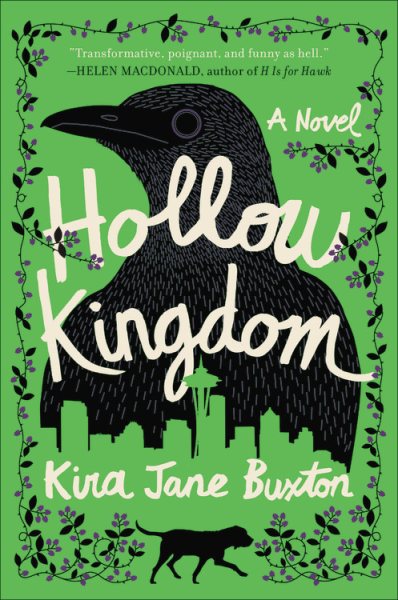
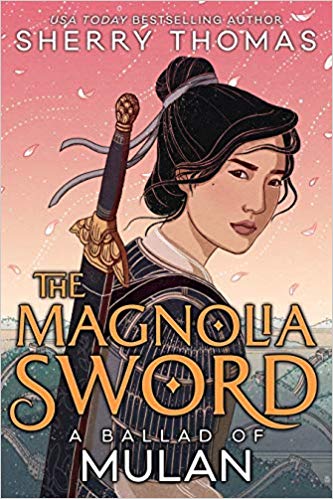


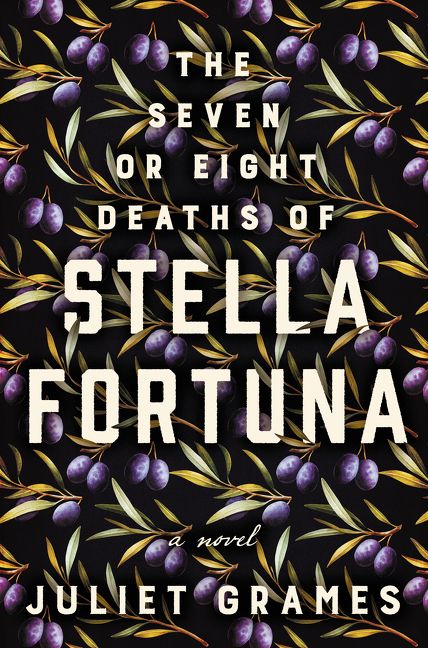
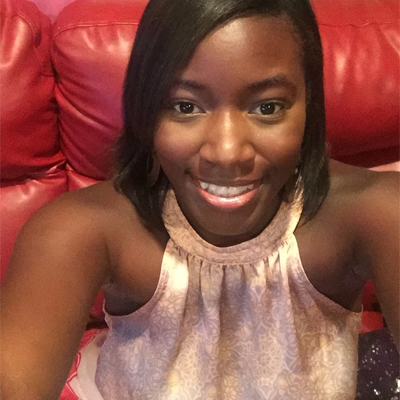
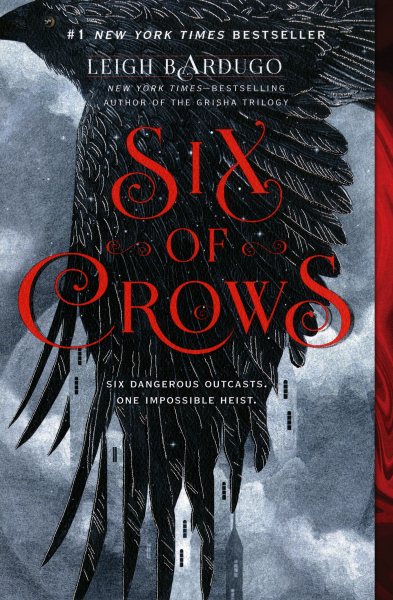
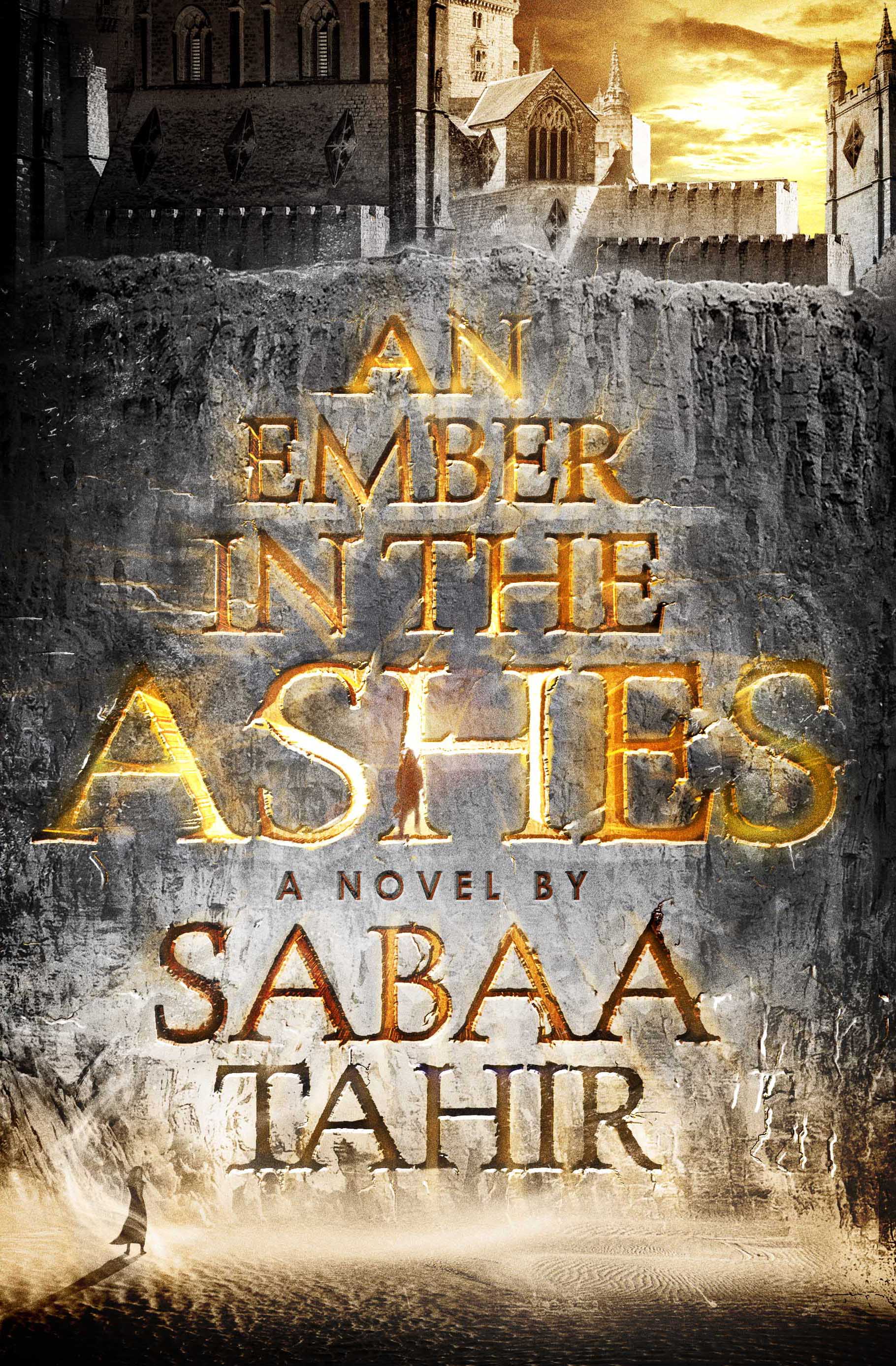
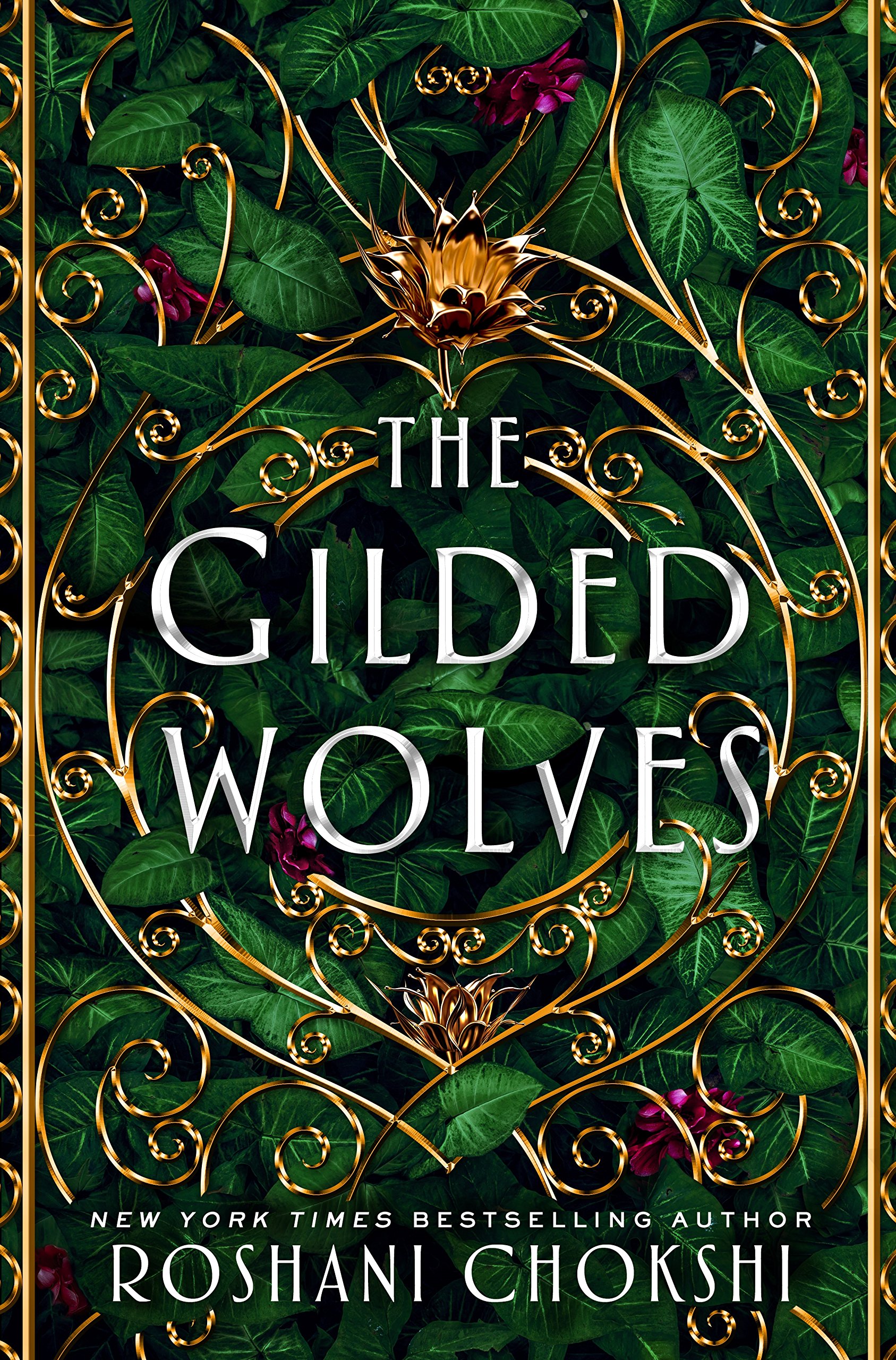
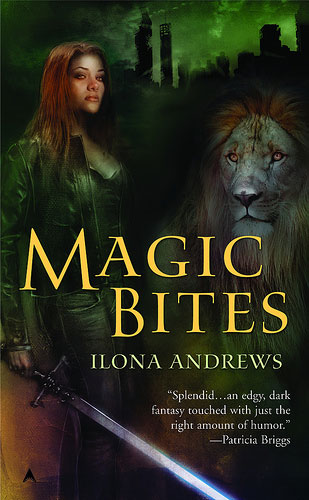
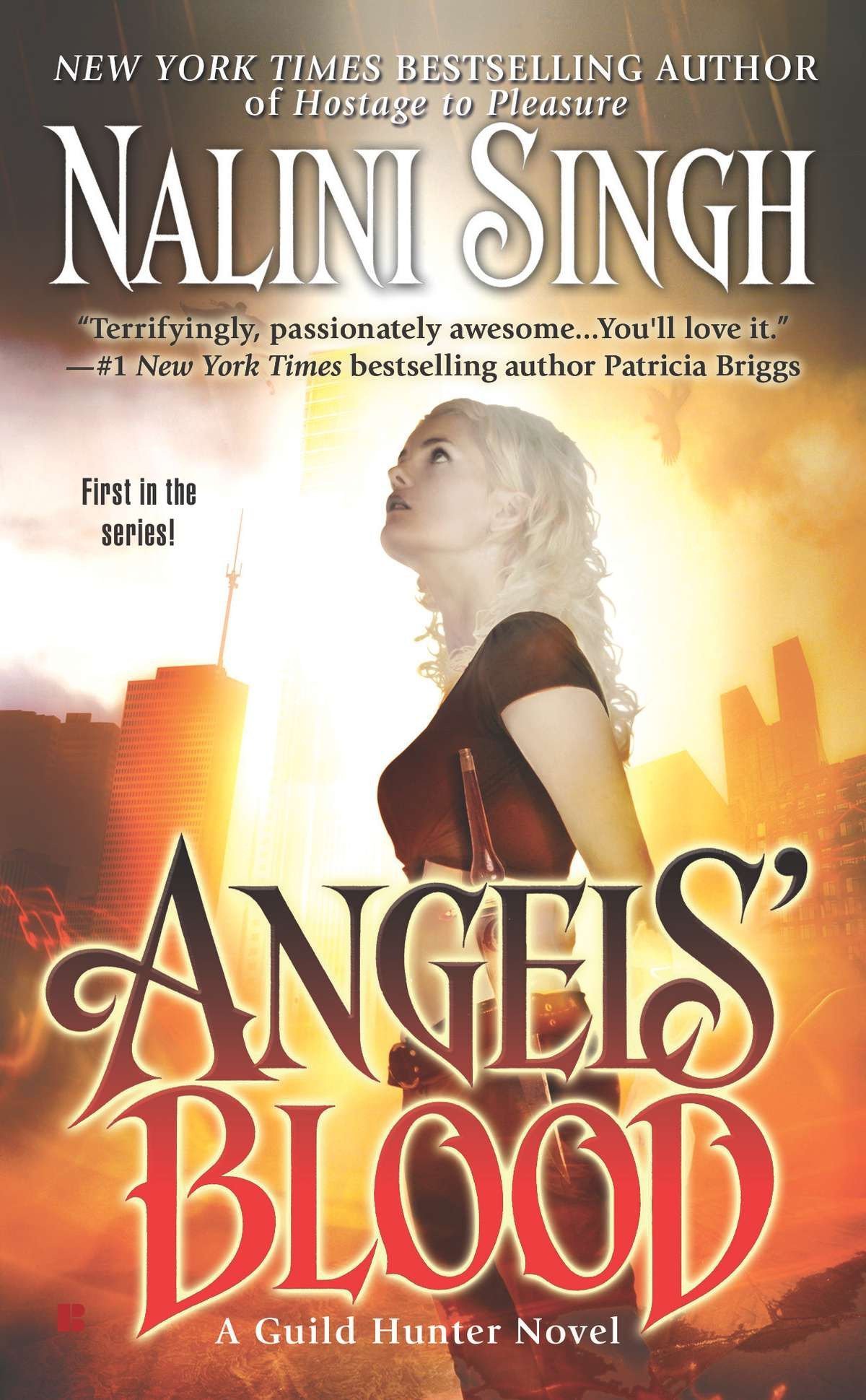
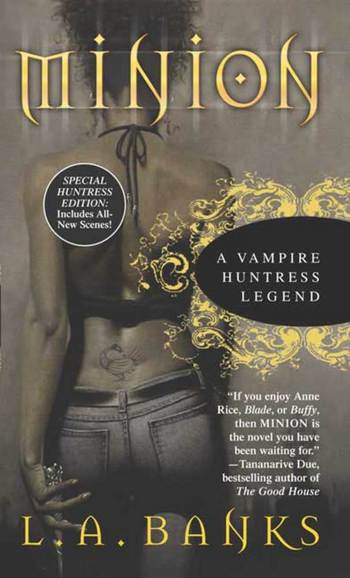
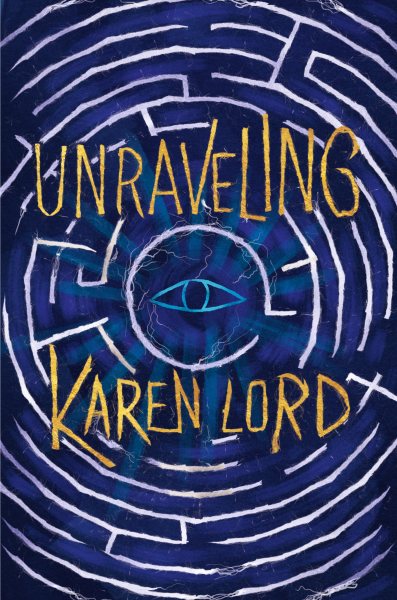
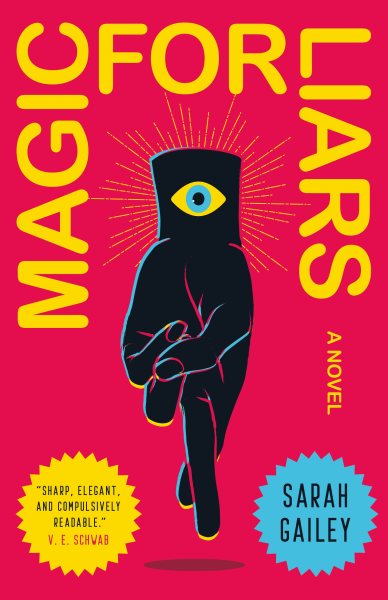

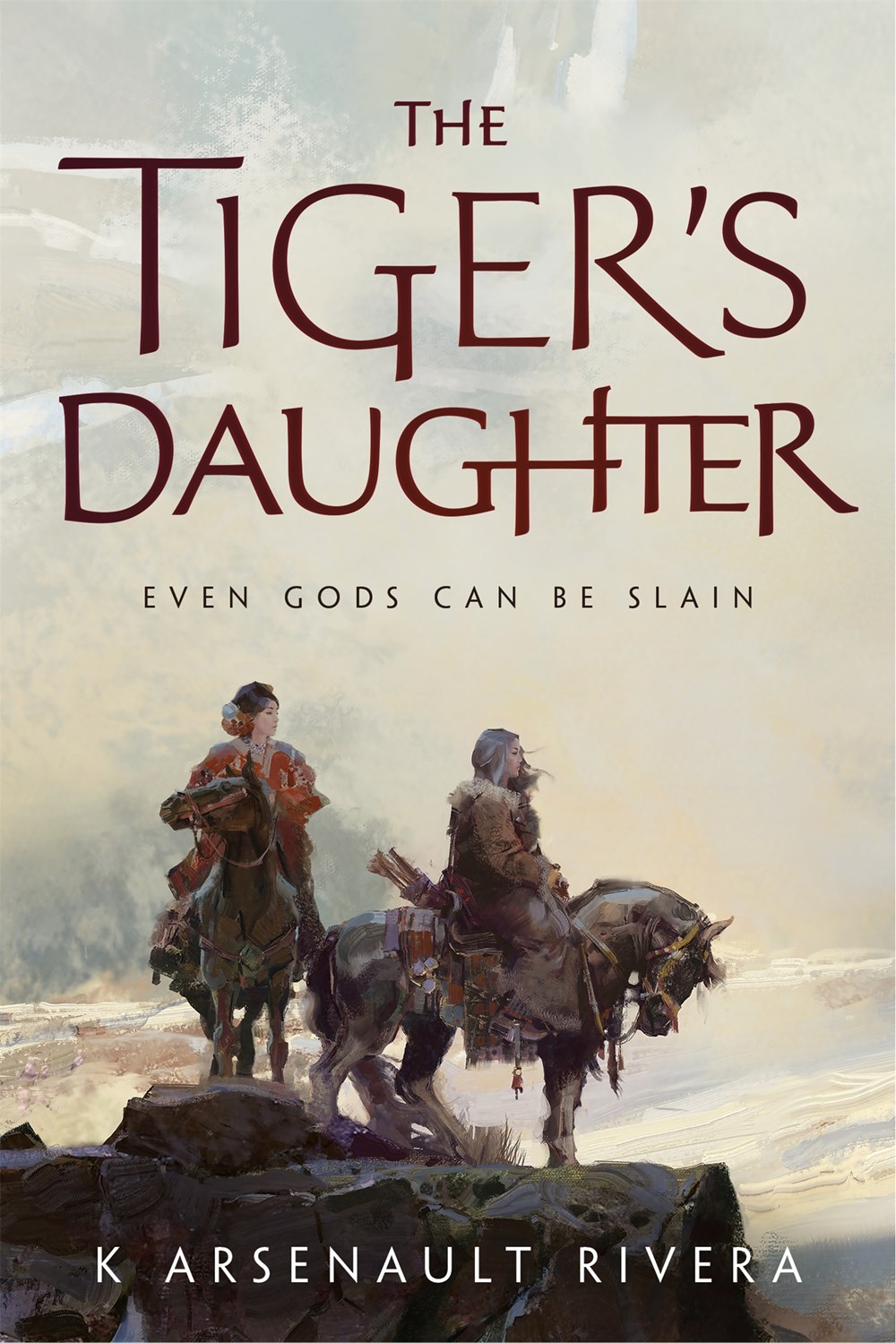
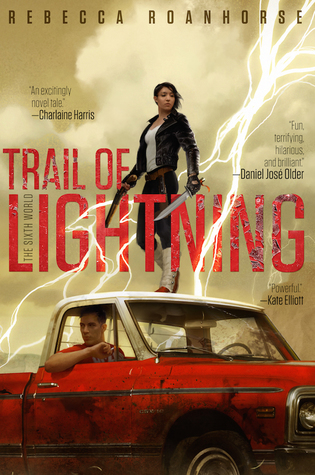
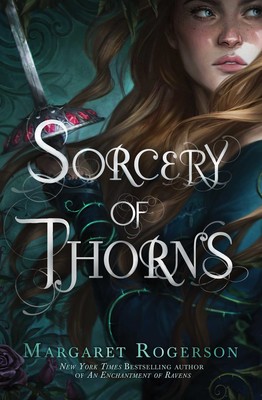
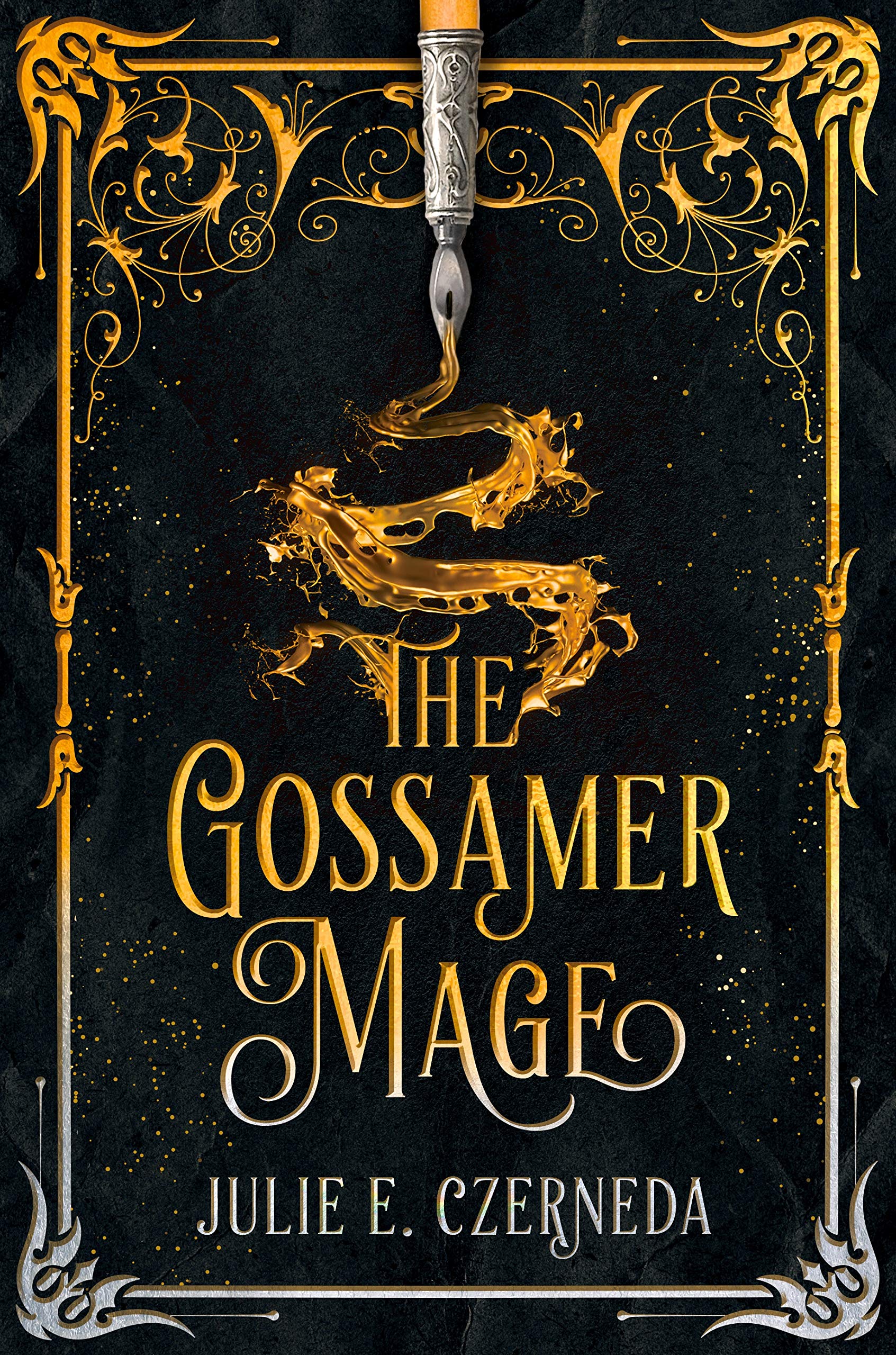
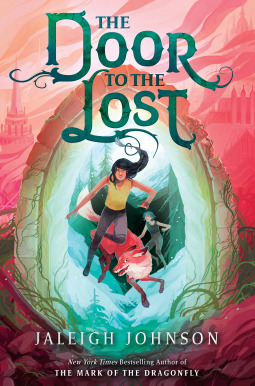

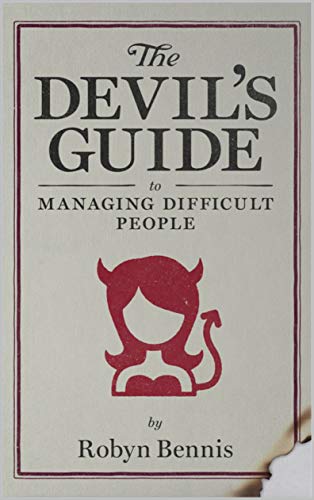
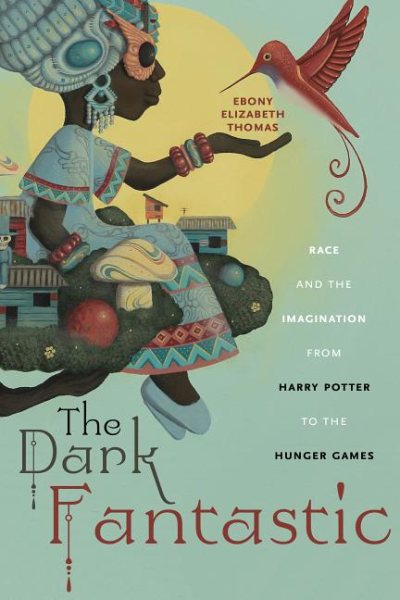



Connect with the Sirens community
Sign up for the Sirens newsletter